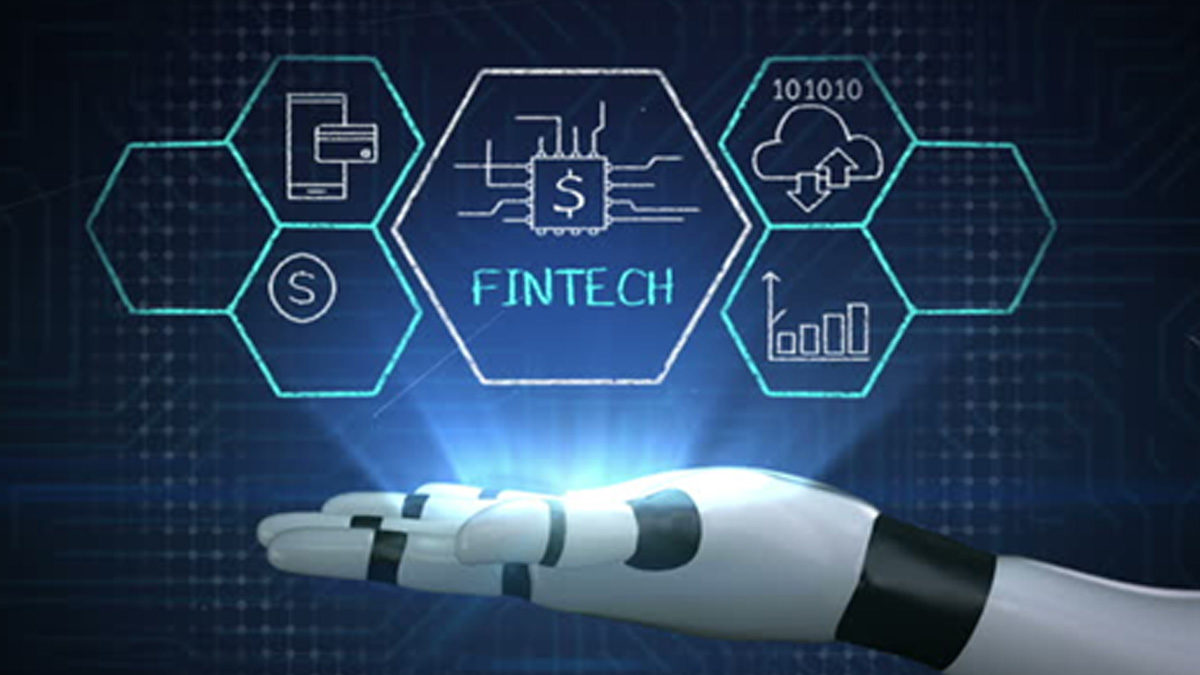The Fintech Ethics Ecosystem-A Prelude
Prior to Covid-19 the fintech market was expected to reach a value of $460B by 2025 with a CAGR of 20% or higher. Despite the widespread impact of the pandemic, the future of fintech looks remarkable good compared to many industries.
The prior trend towards digitalization and globalization has only been accelerated due to this crisis, with even more demographic sectors being forced to function in a virtual world. We are also witnessing a resurgence in interest for ethics, purpose and social responsibility with younger generations ranking these high in their life value system.
There are numerous factors that contribute to this societal trend, however the digital era is likely one of the top drivers. Fintech is one of main industries that has drawn a lot of attention and one that could highly benefit from the development of a customized digital ethics ecosystem.
What has changed
Over the past year, several industry experts have highlighted a marked change in fintech culture and are calling for the need for embedding ethics into the fabric of fintech companies.
Some of the key ethical concerns that have emerged were related to customer “trust and rights”, “misuse or unauthorized” use of digitalized data, dedication to “cybersecurity”, as well as “outdated or lagging” regulatory guidelines that leave loopholes at the intersection of the finance and technology sectors.
In this highly competitive and consumer-driven environment fintech companies are racing to increase access in existing markets, enter new markets and increase interoperability. The benefits of all these digital enhancements to the financial services are sadly overshadowed at times by the risks and exposure to entities that harbor malicious intents. Few companies have understood the need to be proactive and invest upfront in complex digital ethics and data governance program which would certainly have to include a top of the line cyber-ethics component. Too often, companies only practice “reactive digital ethics” and are willing to dedicate financial and human resources only after an ethical violation has occurred.
So who would be the key stakeholders of this Fintech Ethics Ecosystem?
The large legacy financial institutions are considered the incumbents, then we would have to consider the impact of the big technology companies which are highly active in the financial services space such as Apple or Google, as well as other companies that are technology- or infrastructure providers such as Mastercard or market exchanges like NASDAQ.
Last but not least, we have many ” disruptors” who are often start-ups causing turbulences in the fintech ecosystem. The latter category has garnered a lot of attention over the last few years and is likely to rapidly expand into the robo-advisory, as well as wealth management space.
What are some of the key vectors of influence in this Fintech Ethics Ecosystem?
Governments, academia, private sector and not for profit organizations would all have to collaborate to be successful. Numerous disciplines intersect with the financial and technology sectors and a cross-discplinary approach would be required in order to have a functional ecosystem. New law updates and refined regulatory guidelines would certainly be key for a more efficient and effective ecosystem, as well as consideration of societal expectations and cultural nuances.
How could we approach the design of a state of the art Fintech Ethics Ecosystem ?
First, we would have to establish the design philosophy and desired outcomes. Second, we would aim to create a robust fintech ethics architecture that would ensure adequate data governance and address identity management, privacy, security, ownership challenges etc. Third would be the development of a customized fintech ethical framework.
This framework would include the impact on society, the environment, long term sustainability, education and emphasis on excellence in fintech. Additionally, it would be desirable to harmonize the fintech digital ethics framework with other major ecosystems in order to ensure adequate adherence to ethical principles and standards at a global level. A few examples are ethical issues related to the large scale adoption of IoT and 5G, as well as the widespread deployment of AI across numerous industries which all have their own share of ethical complexities that need to be addressed.
Future
Given the status of fintech in the global economy and the impact ethics has on our society, there is an opportunity for this industry to establish itself as the leader. Fintech leaders can drive the creation and enforce adherence to global digital ethics standards. Some new fintech entrants have actually positioned themselves as ethically-driven with a vision and mission that aim to deliver “ethical, transparent” services.
The future of fintech will likely be influenced by building and maintaining a state of the art culture of ethics that would be continuously optimized to adapt to the demands of an exponential digital era, such as ultra-rapid advancements and deployments of new technologies or a constant influx of disruptors entering the fintech ecosystem.
- Moral Courage & Internal Auditors - July 8, 2020
- Fraud Risk Management (FRM) Instructions - July 8, 2020
- Seven disagreements that fueled tax clashes through the ages - July 8, 2020


Stay connected